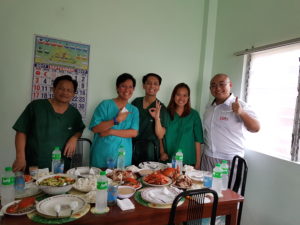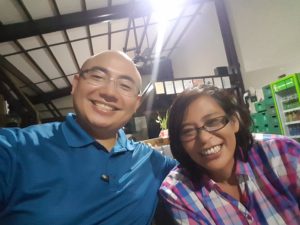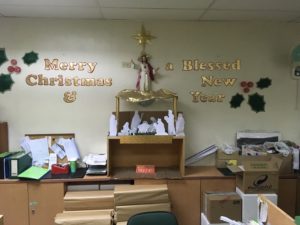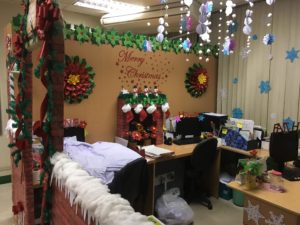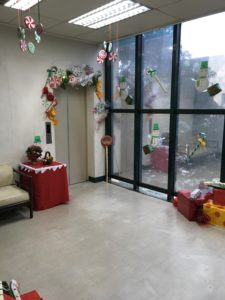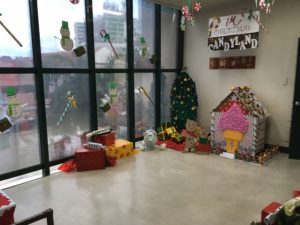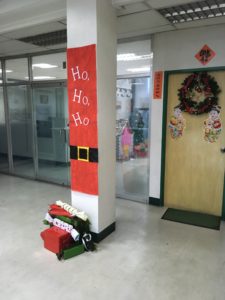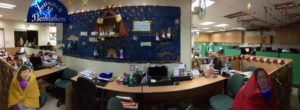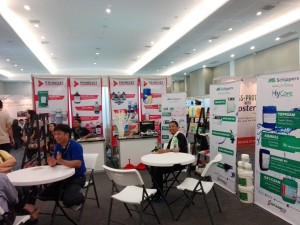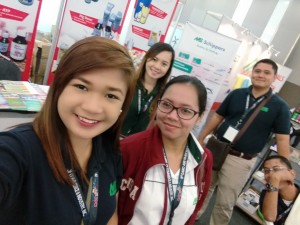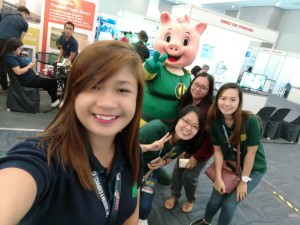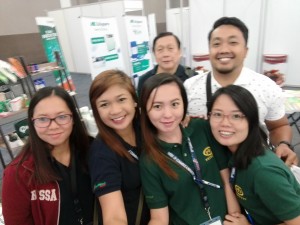by Danilo S. Venida
The ruling of the Court of Appeals admonishing the Philippine Competition Commission (PCC) to back off from the PLDT-Globe purchase of San Miguel Corp.’s telco assets is symptomatic of what ails Philippine society, where the poor stay poor. Monopolistic, duopolistic and oligopolistic market structures persist, preventing competition that brings down product and service costs for the benefit of the many. The two telcos control the Philippine telecommunication infrastructure and are among the most profitable firms in the country. Yet, as noted by an esteemed recent visitor, Alibaba Group founder Jack Ma, PH internet is “no good.” Indeed.
A big chunk of the telcos’ market consists of the poor—the backbone of the prepaid customers. The telcos rake in tons of cash from their customers, and continue to find ways and means to make more. In the shift to paperless billing for postpaid customers, the telcos charge the recalcitrants P50 a month. Assuming two million customers will continue with the traditional paper bill, this will be P100 million a month, or P1.2 billion more a year, for the telcos. With paperless billing, the telcos save on paper cost, thus upping their profits. Add the charge on paper billing, which has been part of cost, anyway, and their profits get even bigger. This is a double whammy on their customers.
And the Court of Appeals would not want the PCC to touch them.
So much wealth and resources have been generated by the Philippine economy in the last 25 years, thanks principally to OFW remittances and BPO dollar revenues. The pockets filled by these wealth and resources have substantially been those of the old rich, the taipans (old and new), and businessmen and entrepreneurs allied with them (old and young). They make up the new oligarchy. Then there are the power elites, the politicians conspiring with the oligarchy. They use dollars hard earned by OFWs and BPOs to get consumer goods. Much of these goods are imports, which supply the consumption-driven economic growth. The agroindustrial base for the local production of these goods remains undeveloped. Local agroindustrial employment opportunities are not generated en masse.
The consequence is that economic growth and development will be sustainable only as long as the Filipino diaspora, with its huge social costs, continues and the BPO base expands. There will be little economic restructuring. The status quo, in which the poor mass base is the exploited mass market, will remain.
And the status quo is great for the oligarchs and power elites. Why will they be motivated to pursue change when the operating structure has served them well? The Filipino is in a status quo trap. For decades no one has dared disrupt the status quo to make things happen for the common good.
Yet hope must never desert us. Despair serves to back the status quo. The starting point is to define very clearly what the status quo is and why a fundamental disruption is needed. The status quo culture is antipoor. The “crab mindset” is pervasive: It is not only pulling down another to get ahead, but also “institutionalizing cannibalism” to eliminate opposition or competition. “Leaders” surround themselves with, not integrity, but dependence, incompetence and corruptibility, to sustain their leadership over grateful subjects. King Crab is content to be with “crablets.”
Empowering leadership is the call of the times. They who work to keep the status quo must be made aware that in the very long run, it will threaten their own stability. Though “in the long run we will all be dead,” as Maynard Keynes once said, the generations after us will be saddled by the mess we leave behind.
Federalism, now being vigorously pushed, may seem a disruption to the status quo.
But it is clear that with political dynasties and the patronage nature of Philippine politics, particularly local, a federal system will only enhance the status quo.
Many are wittingly or unwittingly working to keep the status quo. Shepherds of the lost sheep killed in the war on drugs have not been a disruption. They are trapped, too.
There will be hope incarnate when a few, many, then 300,000, then a million-plus Filipinos, begin to say: We have to get out of the status quo trap and risk our own comfort zones to work for the empowerment of all. Only then can the real change we need happen. There are no shortcuts.
This article was published in the Philippine Daily Inquirer on November 2, 2017
